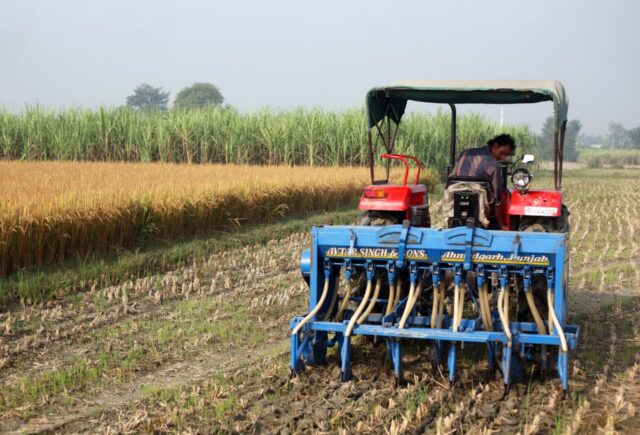The AI system developed by Dutch firm Chapter is currently being tested by several large European manufacturers of sustainable energy systems.

Netherlands-based venture capital firms Rubio Impact Ventures and CapitalT have committed a total of €3m to Chapter, which was founded four years ago by edtech entrepreneur André Haardt to speed up the energy transition.
The money will be used to expand Chapter’s first AI-powered operating system for knowledge in the sustainable energy industry, Haardt told Impact Investor.
Chapter’s aim is to “supercharge knowledge in this industry”, with its solution and make it work more efficiently, Haardt said.
Technical gap
Haardt, a serial entrepreneur who in 2009 founded European edtech platform Squla/Futurewhiz, said he decided to found a startup aimed at accelerating the energy transition after realising that there was “a huge shortage of technical people” for the installation of increasingly complex energy projects.
“We are going to make this AI operating system accessible to as many people as possible. So it will be installers, service people working for manufacturers, operational people and manufacturers as well,” Haardt said.
Investor reaction
Eva de Mol, partner at CapitalT, said she was “excited” to support Chapter in its aim to “revolutionise the energy sector with AI”.
“The ability to empower installers with real-time, autonomous solutions is a game-changer for the industry,” De Mol said. “As AI continues to transform sectors, Chapter is leading the way in using this technology to drive productivity, enhance installation quality, and expand installer capacity.”
Ilonka Jankovich, partner at Rubio, said the firm believes that the transition to a net-zero economy is as much about people as it is about energy. “Companies like Chapter are essential to ensuring that no one is left behind in the shift to low-carbon, sustainable economies and societies.”
Together with fellow impact investor CapitalT, Rubio is “committed to accelerating Chapter’s growth, helping to equip the climate tech workforce with the skills to work quickly, efficiently, and safely”, Jankovich said. “Our goal is to be a driving force behind Europe’s green transition.”
$80bn market size
The market for training technical personnel in sustainable energy is estimated to be worth around $40bn (€38.4bn) a year globally, according to Haardt. “And then there is the market for support teams, and the software that’s being used by those teams. That market we’re also estimating to be around around the same number. So in total, we’re targeting a market of about $80bn,” Haardt said.
Chapter’s AI-powered workflow system is currently being tested “in real life installation projects”, by a number of manufacturers of sustainable equipment and installation companies, Haardt said.
In addition, Chapter is currently “in conversations” with more than ten large manufacturers of sustainable equipment, ranging from heat pumps to EV charging stations, storage batteries and solar system components, to start piloting its AI system on a large scale, according to Haardt.





